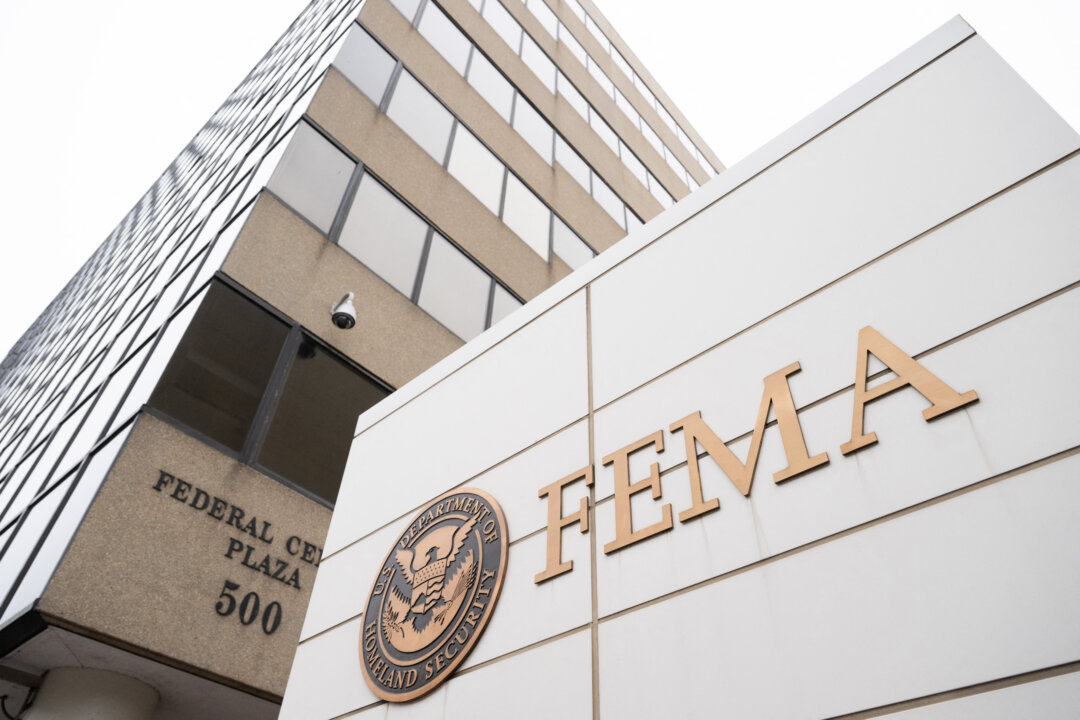A ban on passengers bringing meat and dairy into Britain from Europe was introduced after officials warned that foot and mouth disease (FMD) could enter the UK “regularly” over the next three months, it has emerged.Travellers are banned from importing animal produce such as ham and cheese in their luggage from the Continent since earlier in April, due to an outbreak of the virus in Germany, Slovakia and Hungary. A risk assessment published by Defra, which was drawn up before the ban, warned there was a “major concern” the virus would spread to Britain unless restrictions were implemented.
if(window.adverts) { window.adverts.

addToArray({"pos": "inread-hb-ros-inews"}); }This risk was due to the “silent spread” of the disease, because it can take up to two weeks to incubate before cases are identified in cows, buffalo and other animals.If FMD were to spread from the three countries already identified to more EU member states it would push the risk assessment for the UK from “medium” to “high”, the assessment said.Proposing the personal imports ban, the assessment said: “Introducing a straightforward ban on all meat and dairy products from the EU would provide a clear message and improve compliance with restrictions.
”The risk assessment is believed to be behind the decision by ministers to act.if(window.adverts) { window.
adverts.addToArray({"pos": "mpu_mobile_l1"}); }if(window.adverts) { window.
adverts.addToArray({"pos": "mpu_tablet_l1"}); }While the assessment does not calculate the cost of an FMD outbreak in the UK, it points out that a single case in buffalo in Germany in January this year cost the German economy 1bn euros (£850m).The 2001 foot and mouth crisis in the UK, which devastated the country’s farming sector and led to the culling of six million cows, cost the economy £15bn in today’s prices.
From 12 April, passengers arriving at British ports and airports have had to declare whether they are carrying any meat or dairy products. Anyone who does not declare the produce faces fines of up to £5,000. The ban does not apply to Northern Ireland.
A ban has not been extended to commercial imports of meat and dairy.What Defra said about the risksThe Defra risk assessment said: “The risk that FMDV [foot and mouth disease virus] will enter Great Britain over the next three months was assessed as medium. “This means that the virus is expected to enter Great Britain ‘regularly’ over the next three months.
The risk of entry of FMDV was considered highest through commercial, personal or illegal trade in products of animal origin (POAO). “Each of these routes had a medium risk (meaning that the virus is expected to enter Great Britain ‘regularly’ over the next three months through each of the commercial, personal and illegal trade routes). if(window.
adverts) { window.adverts.addToArray({"pos": "mpu_mobile_l2"}); }if(window.
adverts) { window.adverts.addToArray({"pos": "mpu_tablet_l2"}); }“As FMD is highly transmissible (with an incubation period of between 2 to 14 days), a major concern is that the virus will spread to a free-area and subsequently spread to Great Britain before restrictions are implemented (so called ‘silent spread’ of the disease).
“Further cases, particularly additional member states being infected, or a change in the epidemiological situation such as evidence of disease in wild animals, would cause the risk to increase to ‘high’. “It is likely that new cases will be detected in areas surrounding the current known cases in Europe despite restrictions in place as required by current EU legislation and any further country-level restrictions in Hungary and Slovakia. There is free movement of people, goods and vehicles across EU member states in unrestricted areas, and the possibility for wild animals (in particular, wild boar and deer) in the area to be infected.
”.
Politics

Here’s why you can no longer bring meat and dairy into Britain from the EU

A scientific risk assessment warned foot and mouth disease could enter the UK from Europe 'regularly' unless restrictions were put in place on certain foods















